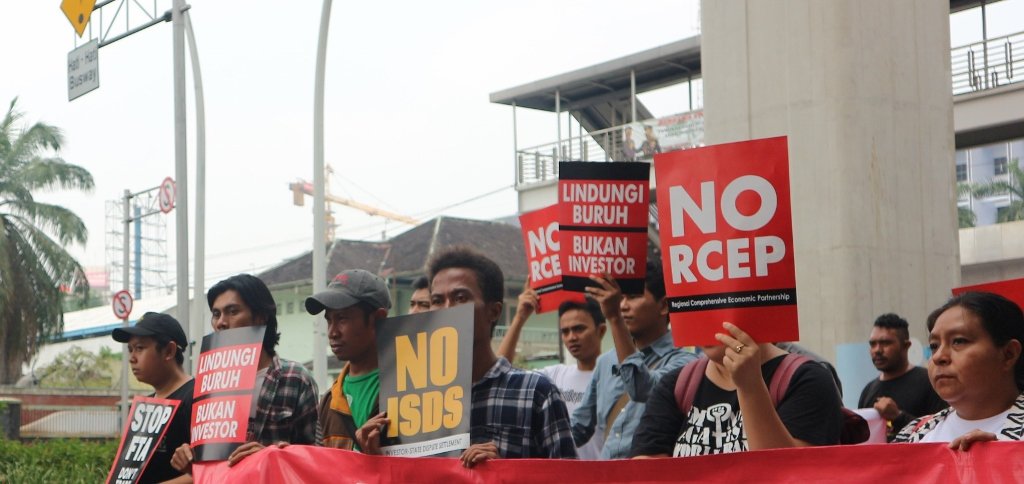RCEP free trade deal unlikely to come into force soon, says Asean sec-gen
The Edge Markets | 3 July 2020
RCEP free trade deal unlikely to come into force soon, says Asean sec-gen
by Arjuna Chandran Shankar
KUALA LUMPUR (July 3): The Regional Comprehensive Economic Partnership (RCEP) free trade agreement is unlikely to come into force soon, as it will take time for all parties to ratify the deal.
During the Q&A session of CIMB Asean Research Institute (CARI)’s webinar entitled “How Can ASEAN Bounce Back: Can the ASEAN Economic Community Retain its Vision in a Post-Pandemic World”, Asean Secretary-General Datuk Lim Jock Hoi said the deal would likely be signed by year-end.
“Once RCEP is signed, it needs to be ratified by all member states for it to come into force. I suspect it will take quite a while for it to come into force. Obviously this is a very important development, providing a signal that we are moving towards regional integration and we are going to free the flow of trade and investment into other sectors,” said Lim.
He added that Asean’s secretariat will be there to monitor the implementation of RCEP, but noted that member states will decide how the secretariat will look at this.
“We would want to see this signed and ratified as soon as possible, and we are pushing the member states to ratify it so it can come into force and be implemented as soon as possible,” he said.
Asean Market Integration Directorate External Economic Relations Division assistant director Anna Robeniol said Asean is preparing the agreement for signing by its members in November, when Vietnam hosts the next Asean summit.
“We want it [RCEP] to be entered into force next year if the agreement is signed this year. Unfortunately, we cannot really give assurance that it will enter into force next year as it has to be ratified by all the signatory states. Each signatory state has to undergo a divergent domestic process in order to ratify the agreement,” she said.
Robeniol added that based on what is currently on the table, it has to be ratified by at least six Asean member states and four Asean Free Trade Agreement partners for the agreement to be entered into force.
Lim added that private sector players need to pressure the governments of the respective economies they operate in to ratify the agreement once it is signed in November.
The RCEP is a tentative free trade agreement initially with Asean countries, Australia, China, Japan, New Zealand, South Korea and India.
However, India withdrew from negotiations in May, citing the lack of protection for its agricultural sector and domestic industries.






